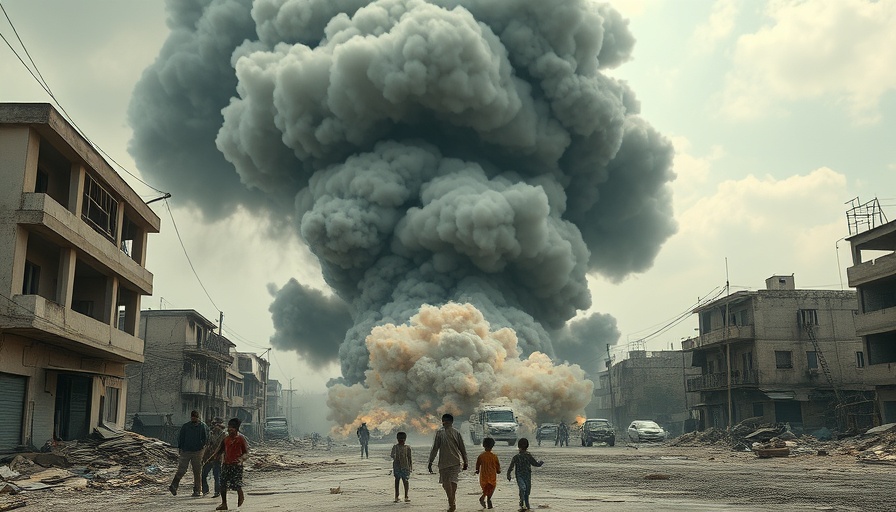
Canada Takes a Stand: The Recognition of Palestinian Statehood
In an unprecedented move, Canada is set to officially recognize Palestinian statehood, a decision that adds a new layer to the complex geopolitical landscape in the Middle East. This development comes amidst mounting humanitarian concerns following recent escalations in violence and the dire situation in Gaza. While Canada’s decision aims to promote peace and justice, it also comes as Israeli organizations accuse the state of committing genocide against Palestinians. Given the ongoing tensions, Canada has stepped forward, signaling a potential shift in global alliances and humanitarian approaches.
The Humanitarian Crisis in Gaza
The humanitarian crisis in Gaza has escalated significantly, with organizations like the United Nations and various Israeli human rights groups accusing Israel of committing acts tantamount to genocide. Images and reports from the ground reveal the devastating impact of prolonged blockades and military actions. The Israeli government, however, vehemently denies these claims, asserting that its actions are defensive in response to threats.
Implications for International Relations
This recognition by Canada could carry significant implications for international relations. Countries often gauge their diplomatic moves based on the responses of global powers, and Canada’s decision may encourage others to follow suit. The endorsement of Palestinian statehood may fuel dialogues around justice and peace initiatives but could also provoke backlash from allies of Israel, complicating bilateral relations.
Diverse Perspectives in the Debate
Critics of Canada’s decision may argue that recognizing Palestinian statehood at this contentious time could undermine peace talks between Israelis and Palestinians. They express concerns that such a unilateral move might embolden divisions rather than facilitate dialogue. On the other hand, supporters argue that acknowledgment of Palestinian rights is a crucial step toward lasting peace and a necessary response to the humanitarian crisis.
The Role of Media in Shaping Perceptions
Media portrayal plays a pivotal role in shaping public perception regarding international conflicts. Coverage of the humanitarian crisis in Gaza versus the framing of Israeli perspectives significantly influences understanding on both sides. This disparity can create polarized views, complicating efforts towards a peaceful resolution.
Future Predictions: What Lies Ahead?
As Canada moves toward officially recognizing Palestinian statehood, experts predict a shift in diplomatic dynamics not just in North America but worldwide. Future developments will depend on how Israel and its allies respond to global pressures regarding human rights and humanitarian access. Human rights organizations will likely continue to advocate for accountability and transparency in Israeli actions, underscoring the urgency of international involvement.
Actionable Insights for Global Citizens
Residents worldwide should remain informed and engaged with the evolving situation in Gaza and the broader Middle East. Understanding the implications of geopolitical decisions can foster comprehension and promote advocacy aimed at peaceful resolutions. Active engagement through social platforms or local discussions may help build momentum towards humanitarian support for Palestinians.
The Path Forward: Recognizing Humanity
This watershed moment for Canada stands as a testament to evolving conversations about human rights and statehood. As nations grapple with their roles in international politics, it is crucial to balance diplomatic interests with humanitarian obligations. The world watches closely as Canada navigates these troubled waters, prompting reflections on how countries can coexist while recognizing and respecting fundamental human rights.
 Add Element
Add Element  Add Row
Add Row 



Write A Comment